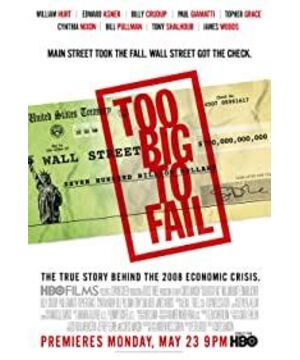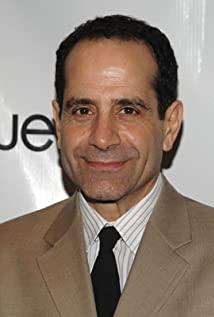"Too Big to Fail" tells the story of the Fed's decisions and actions to rescue giant corporations during the 2008 global financial crisis. For us, it's a much bigger picture of the whole thing.
In fact, there will be financial crises big and small every year, but in 2008 it was bigger.
In May of 2019, A shares had plummeted; in 2018, it fell for a whole year from February; in April of 2017, there was a plunge; in early 2016, the stock market melted;
Central banks around the world have the same solution, with capital injections to free up liquidity, bond markets have soared, and stock markets continue to linger.
Andre Kostolani said in "The Securities Psychology of the Great Speculator": When the last optimist turns into a pessimist, the market has reached the end of a bear market. Obviously, the financial crisis is an excellent stock and bond buying opportunity for us.
In "50 Years of Wall Street", there is such a description: Those veteran stock market traders who have one foot in the coffin usually only live a leisurely retirement life in the countryside, but they will frequently go to and out of Wall Street during the financial crisis, silently buying into a lot of stocks.
First, how to buy stocks
In 2007, the US investment bank Bear Stearns suffered heavy losses on subprime mortgage securities. But the fundamental problem was not resolved. On March 14, 2008, the Federal Reserve injected capital into Bear Stearns through JPMorgan Chase to ease the liquidity crisis.
On March 16, 2008, JPMorgan Chase bought Bear Stearns for $2 per share. Because of the butterfly effect, the stock price of Lehman Brothers also faltered. CEO Dick Fuld is at a loss in the office, ready to take Warren Buffett into the water.
Buffett is an expert in stock trading and put forward extremely harsh capital injection conditions: "40 US dollars per share of preferred stock, and a 9% profit dividend. At that time, Lehman's stock price was 36 US dollars."
(Shareholders of preferred stock have priority over company assets, profit distribution, etc., with less risk. Kind of like corporate bonds. It's a good deal for Buffett.)
When we trade in a financial crisis, like Buffett, we have to premise on safety. For example, during the crisis of 2015, priority should be given to buying Grade A funds, rather than frantically betting on the rise of Grade B.
If you are buying stocks, don't be in a hurry. Because Livermore said, "The trend starts and it doesn't turn back." It means that the downtrend will continue forever. Even good news in the news won't end the free fall, so don't pick up the falling knife.
I remember that when the global stock market crashed in 2008, central banks of various countries were announcing a bailout. Although the stock market rebounded sharply, the news of the bailout only temporarily changed the direction of prices, and then the indexes of various countries fell again. Therefore, when the state announced the rescue of the market, it should be clear that this is only a short-term rebound, and the downward trend has not changed.
The same is true of the recent crude oil market. The decline in crude oil has nothing to do with Russia's production cuts. When the OPEC production cut agreement was announced, crude oil fell a lot. No one knows when it will rise, it is very important to wait patiently for key levels!
Think of these news as fiction. If you can't sleep at night, or feel psychologically uncomfortable, it means that you have bought a heavy position. Either lighten up, or make it through.
The chart below is a downtrend in 2008, with prices extending far and far along the downtrend line.
If we really want to buy stocks, we can wait until January 2009, when the price broke out of the monthly downward trend line.
In fact, in September 2008, the headlines of "Lehman filed for bankruptcy protection" broke the news, which was basically the end of the bear market. We are better off breaking the downtrend line just to be on the safe side.
Generally speaking, you need to prepare more funds when buying, and buy slowly as the price rises. In order to relax the mind, 50% of the funds should be left as a spare. dissatisfied with the warehouse.
View more about Too Big to Fail reviews











